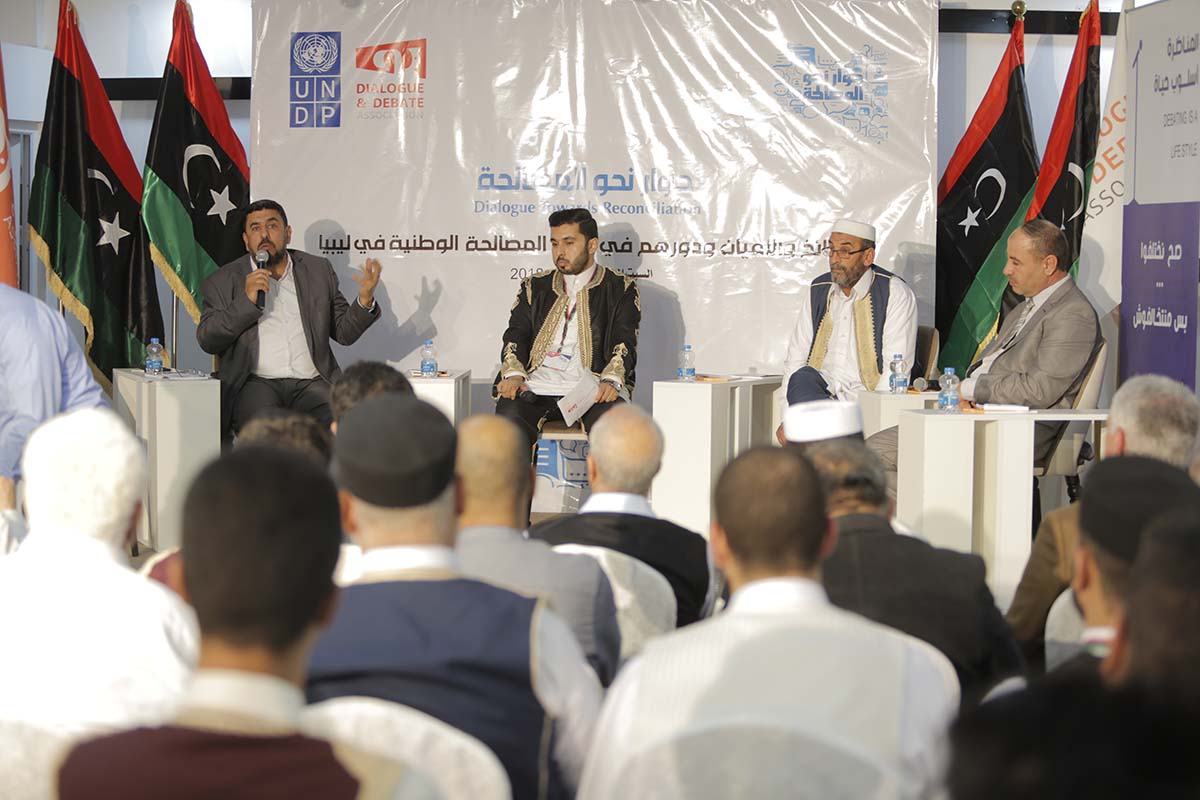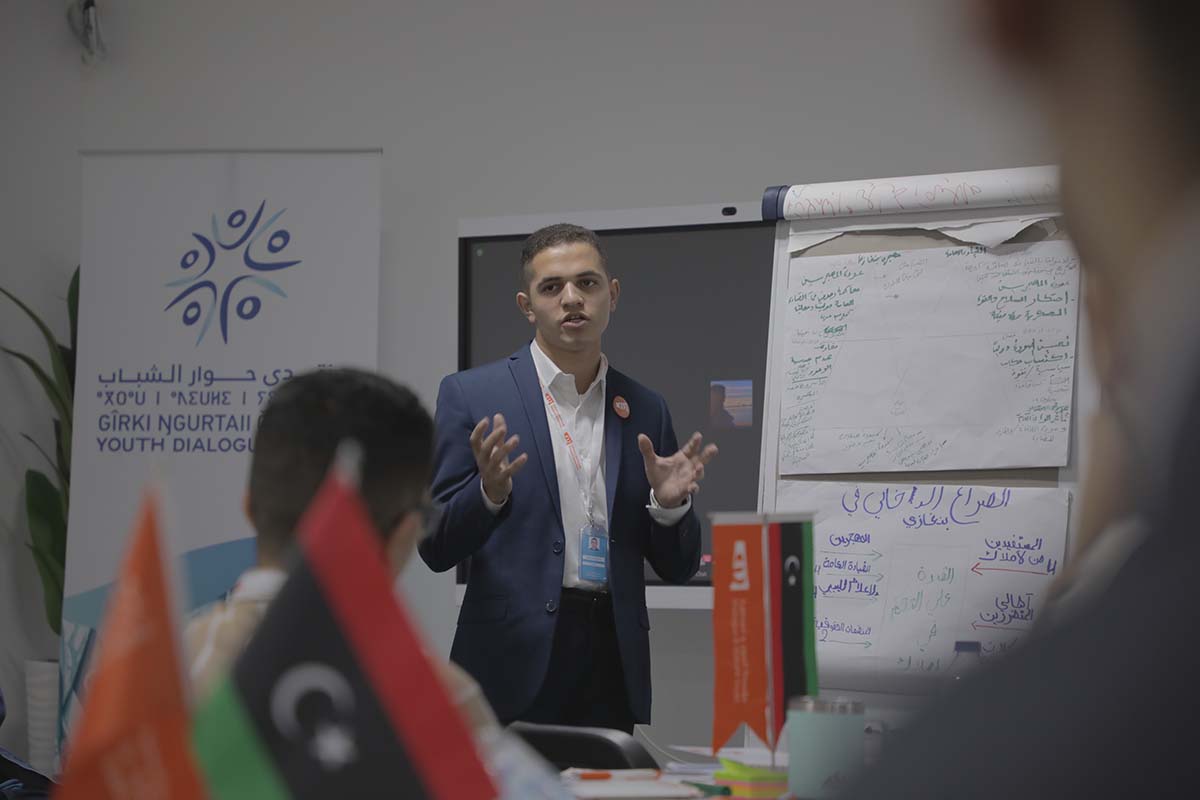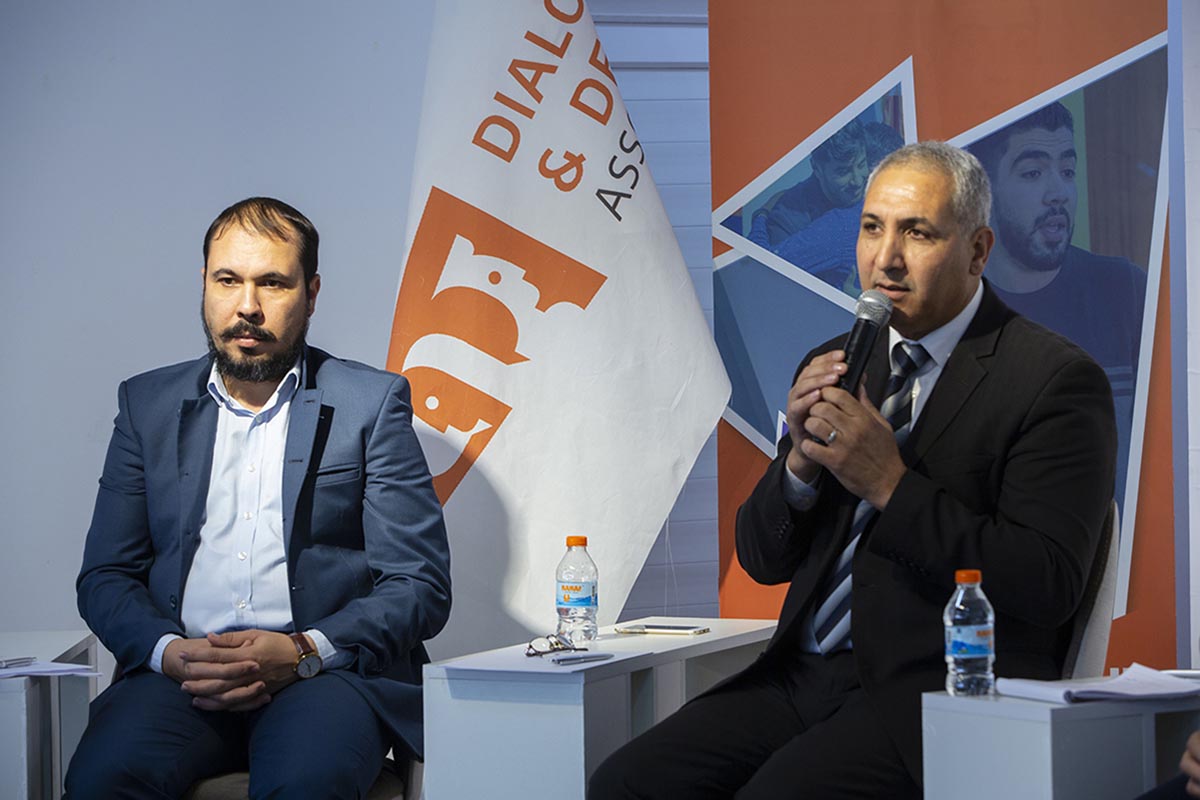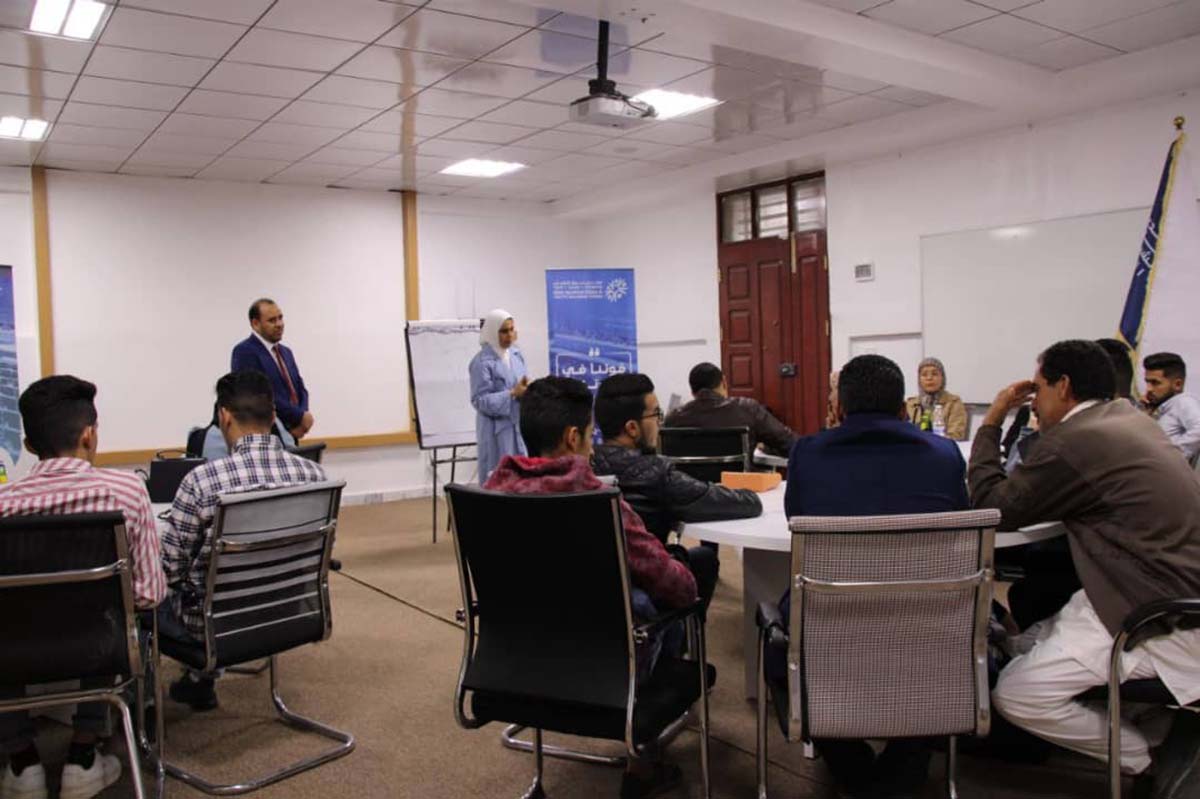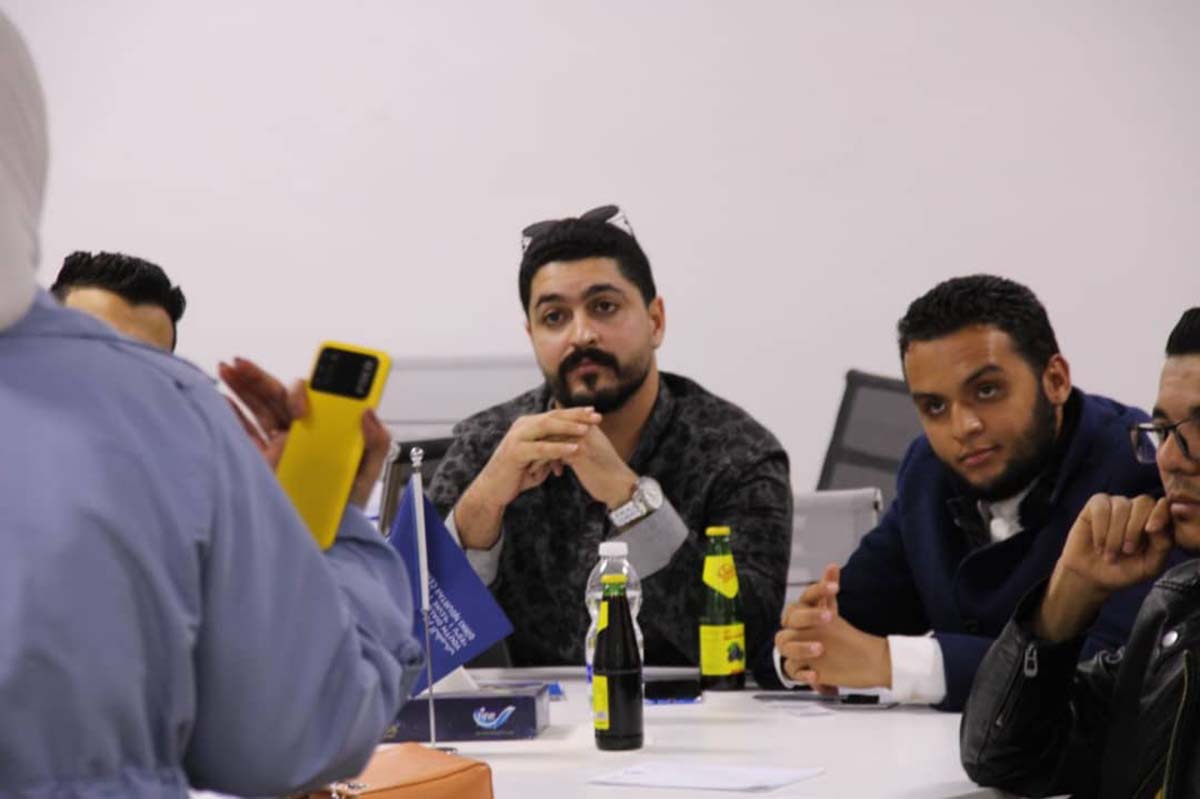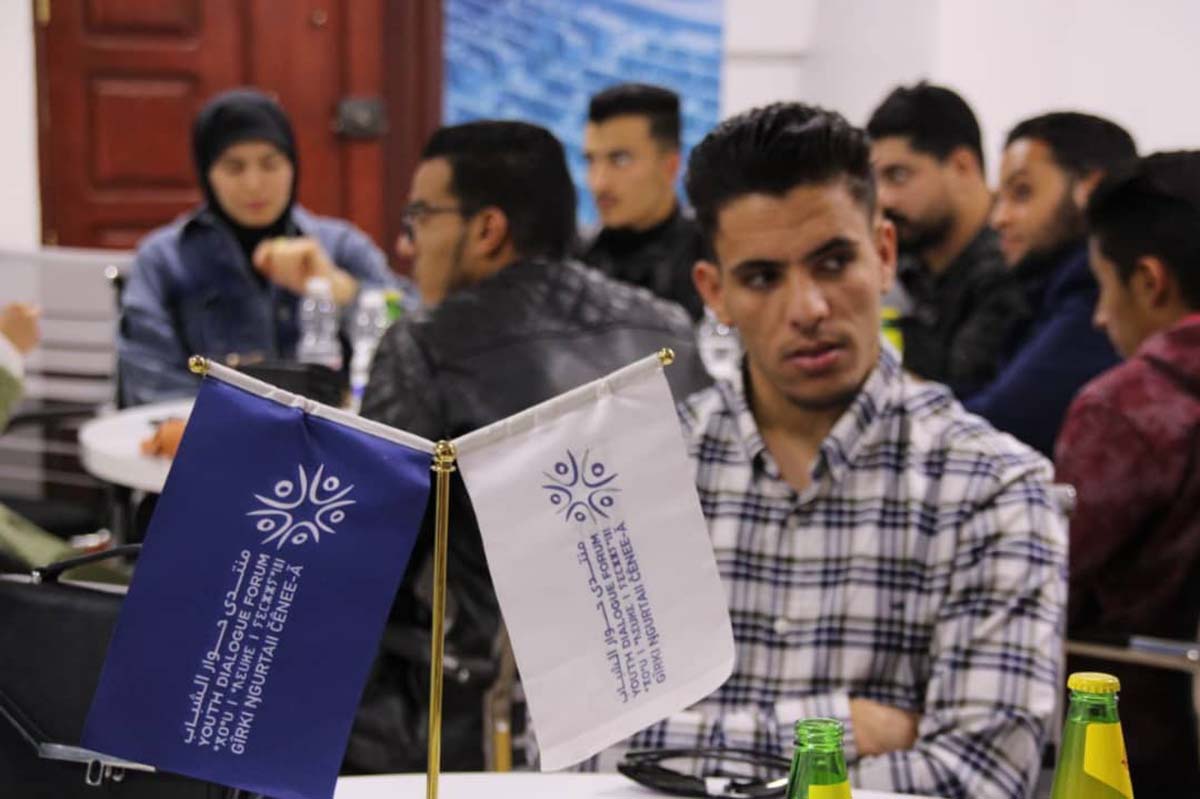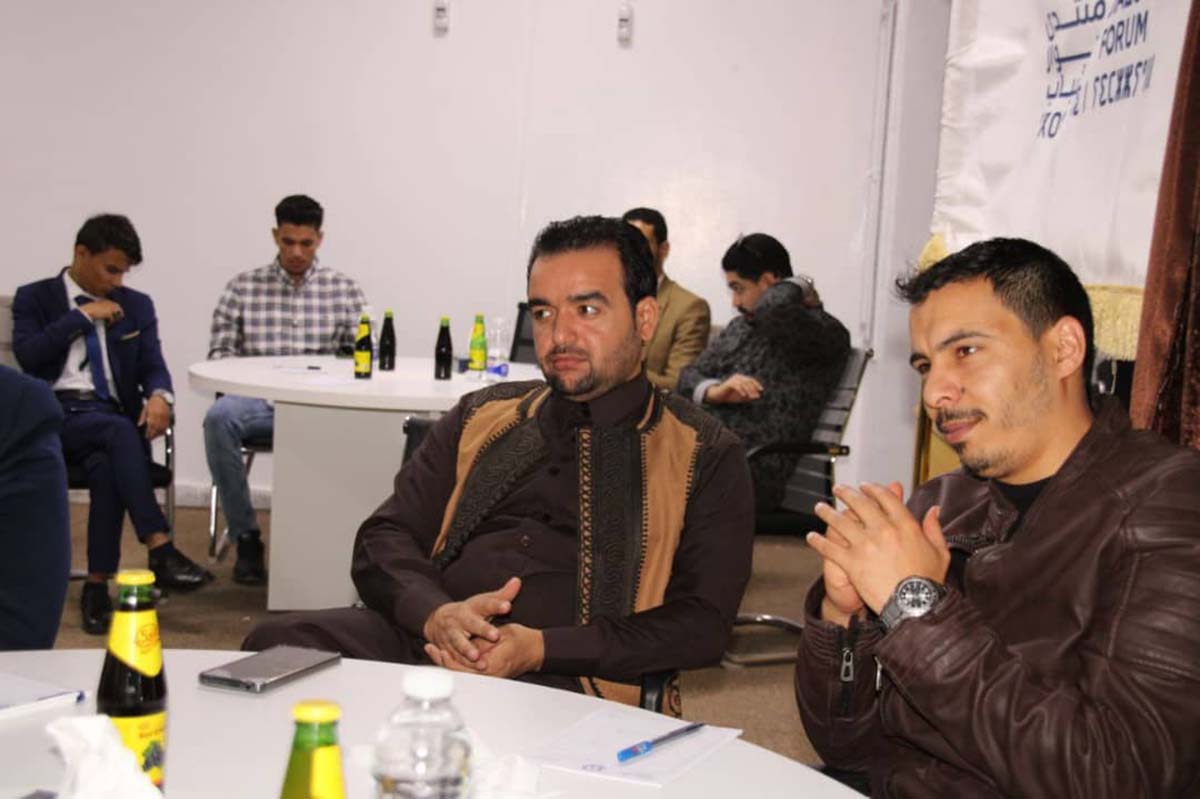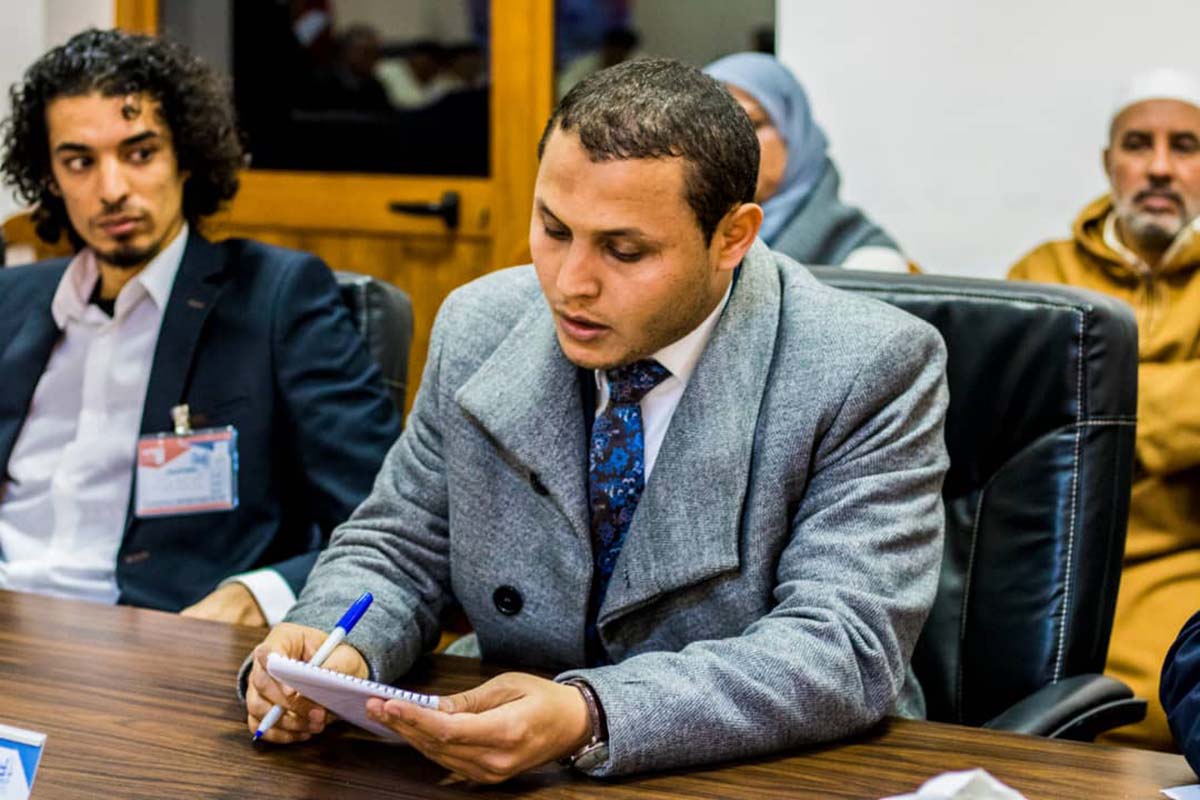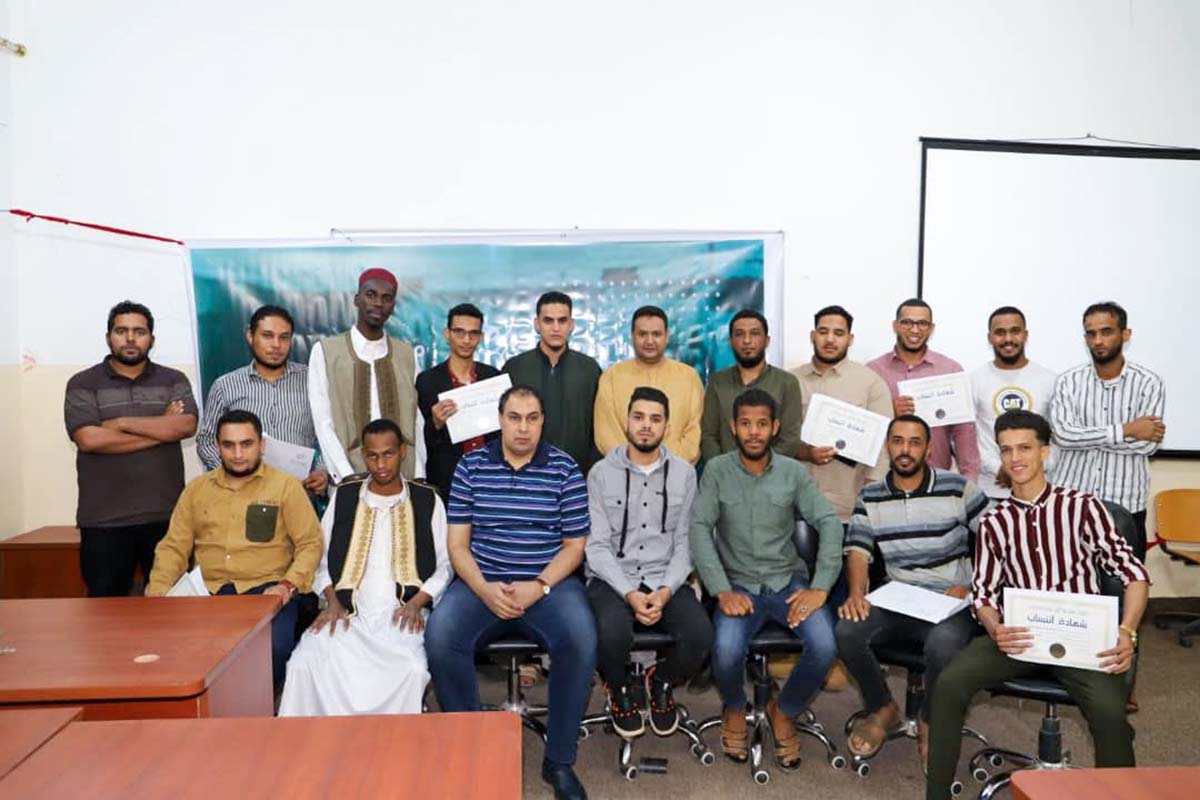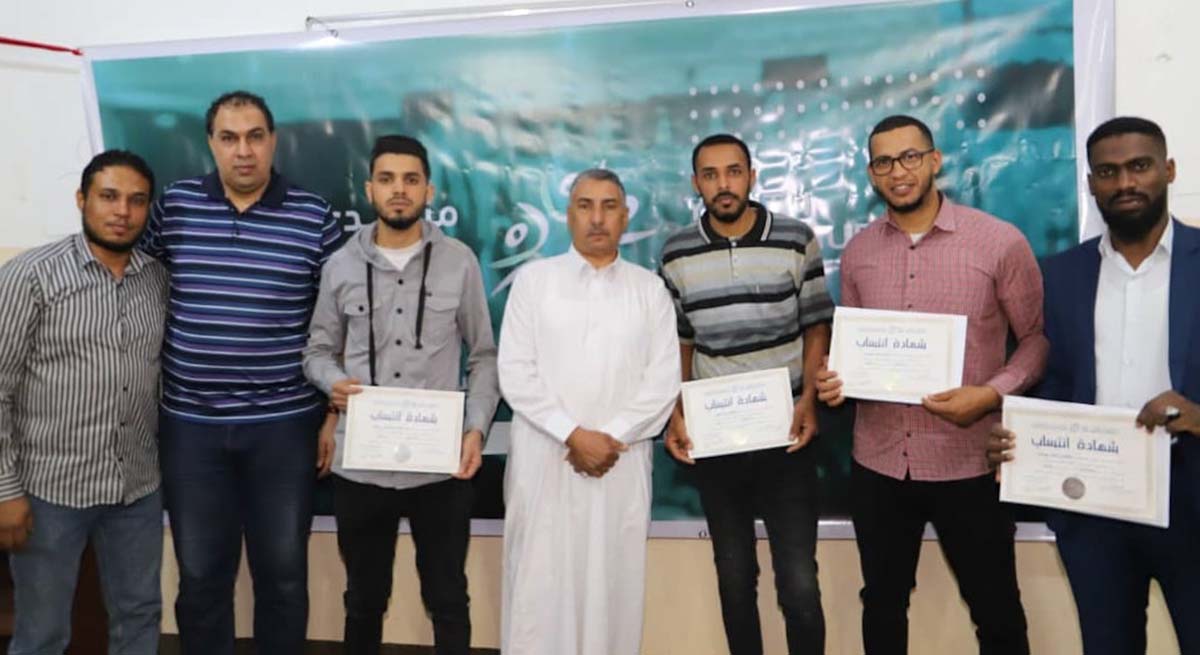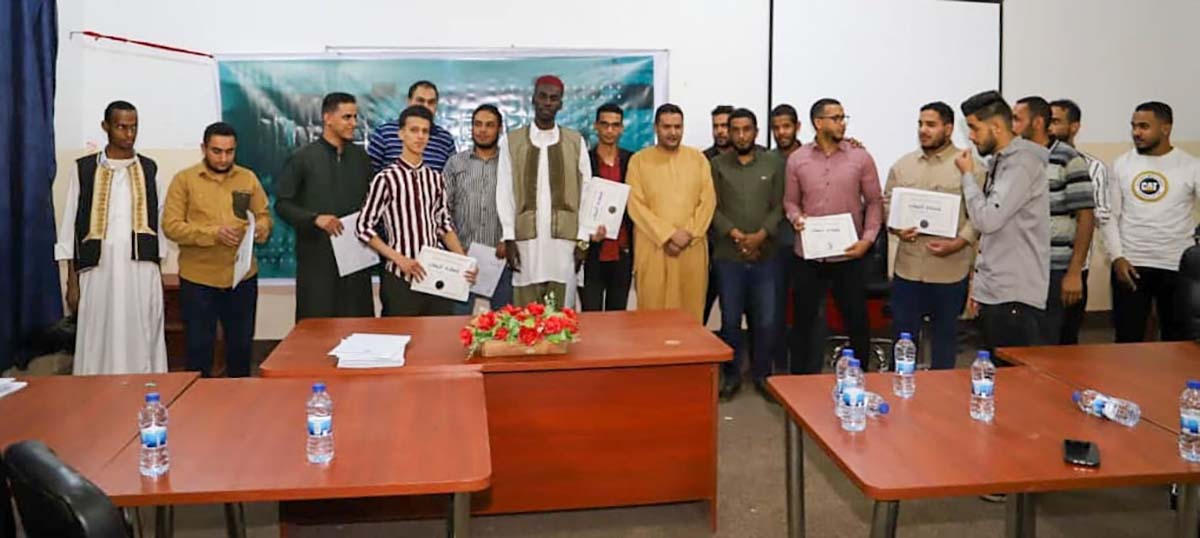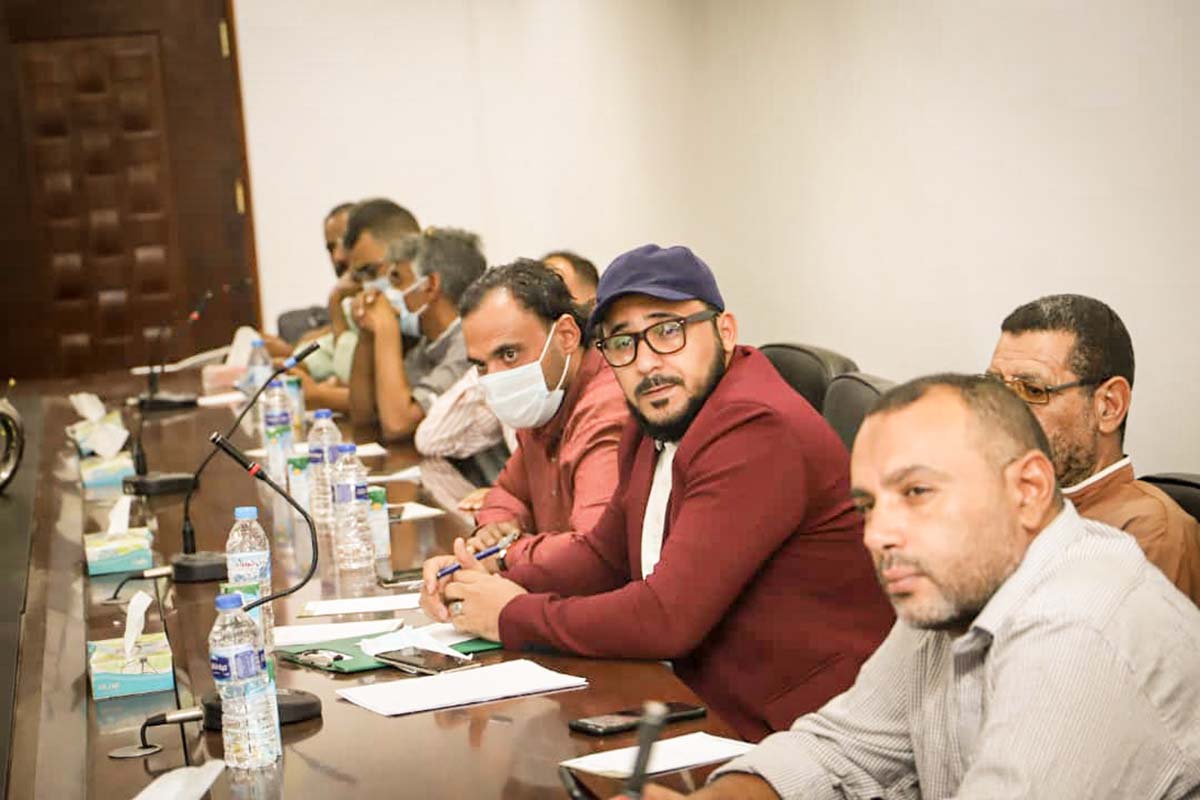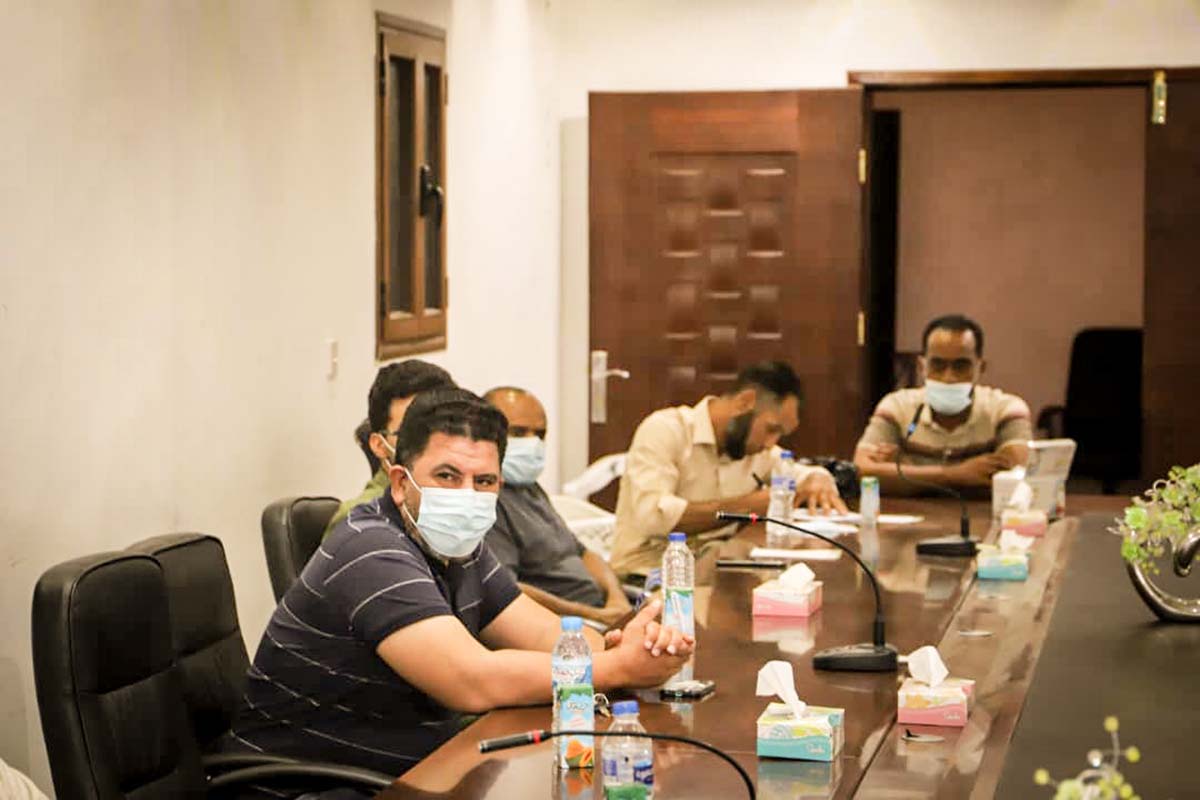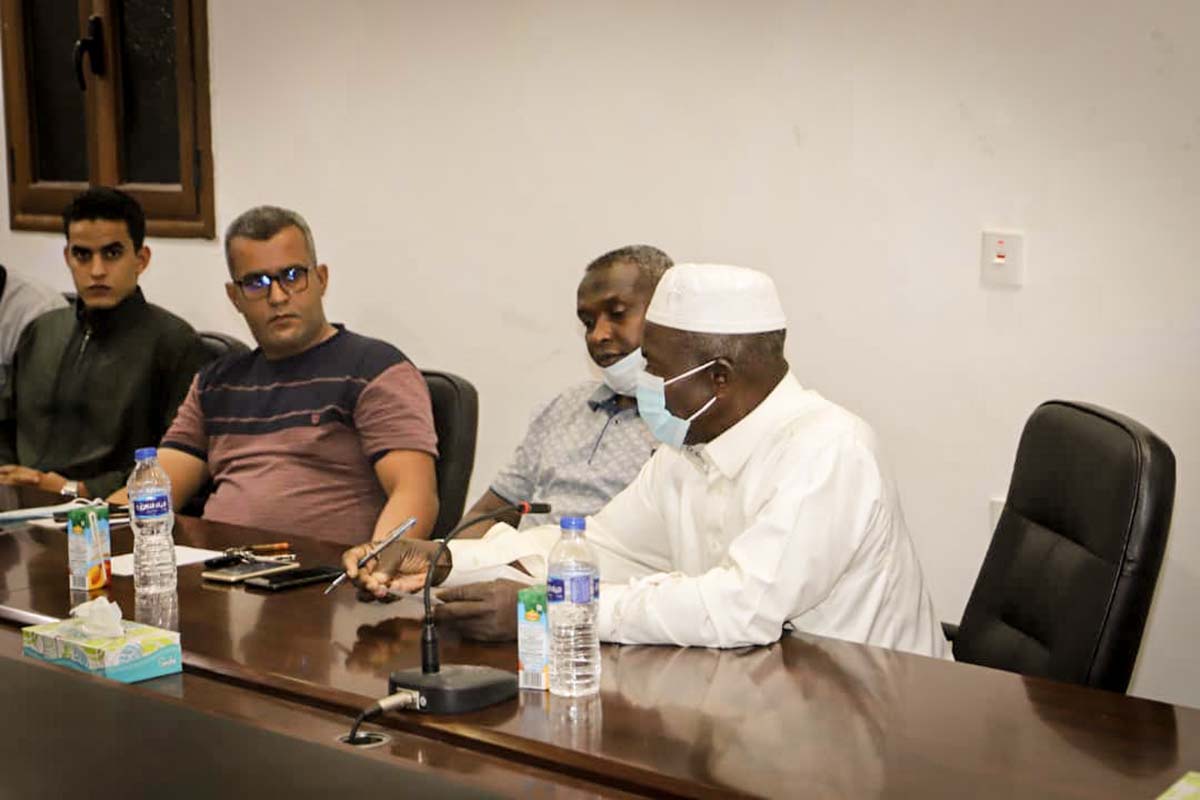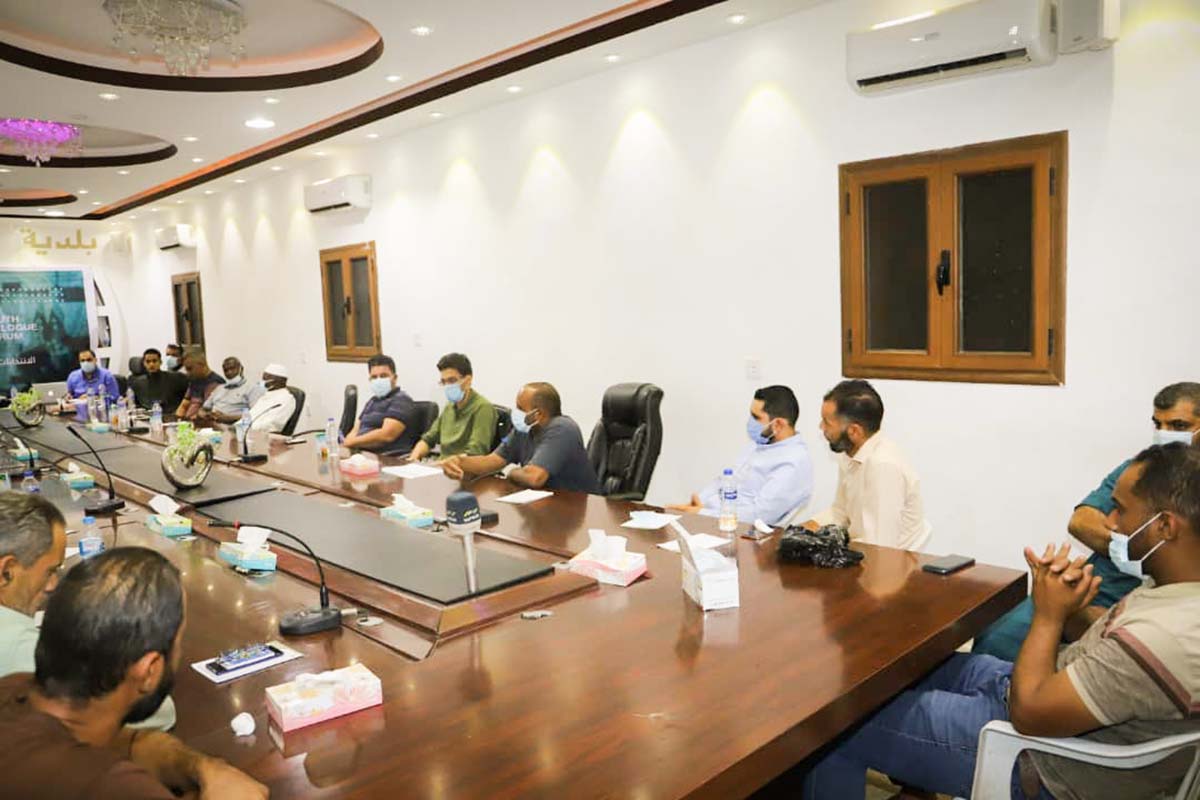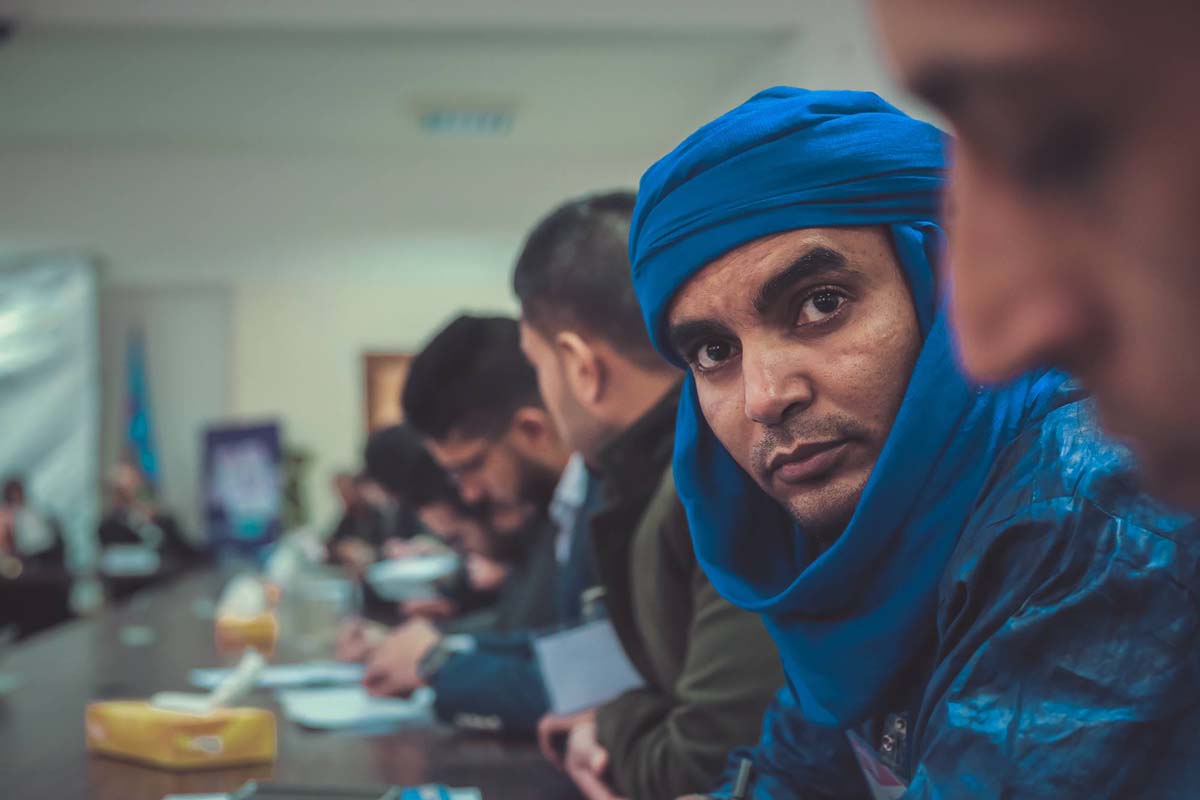The “Dialogue Towards Reconciliation” project, implemented at the end of 2018 and the beginning of 2019, was an experimental project aimed at promoting dialogue and national reconciliation in Libya. A series of dialogues were organized, bringing together stakeholders from various segments of Libyan society, including youth, dignitaries, elders, legal professionals, athletes, and artists.
These dialogues were conducted directly and were attended by a select group from different Libyan cities, in addition to resident participants in Libya. These sessions were documented and broadcasted live on social media, allowing the audience to follow and participate in the dialogues as well.
Diverse groups were chosen to ensure comprehensive representation of various sectors of Libyan society. The dialogues aimed to focus on topics related to national reconciliation, facilitate consultations, exchange opinions and experiences, and develop shared visions on how to enhance dialogue and reconciliation in the country.
Social media platforms were utilized to make the dialogues accessible to a wider audience. They were live-streamed, and informative videos were provided, allowing the public to engage by asking questions and participating in online discussions.
This project aims to raise societal awareness about the importance of dialogue and reconciliation in building peace and achieving stability in Libya. It also seeks to enhance community participation, deepen understanding and cooperation among all relevant parties, and strengthen social and cultural relationships in the country.
















